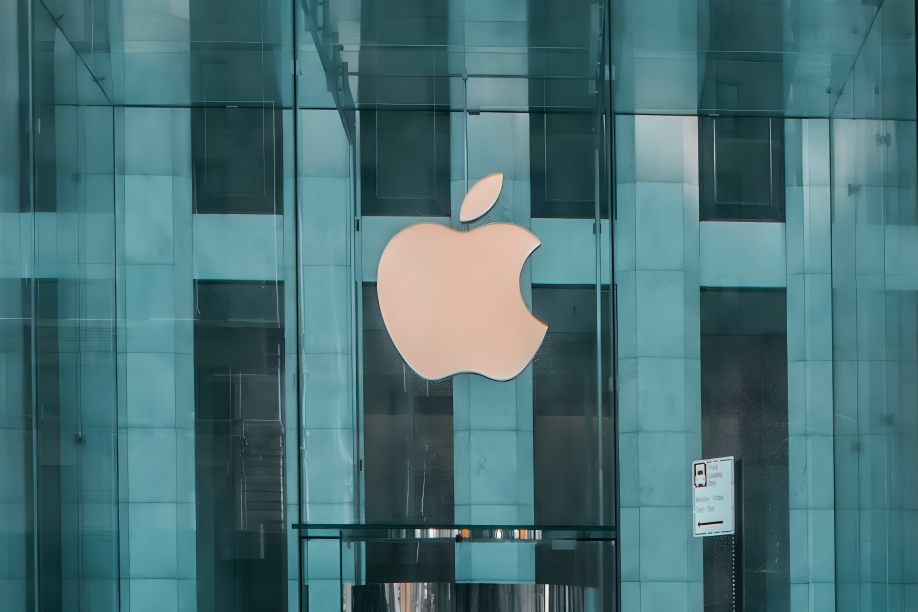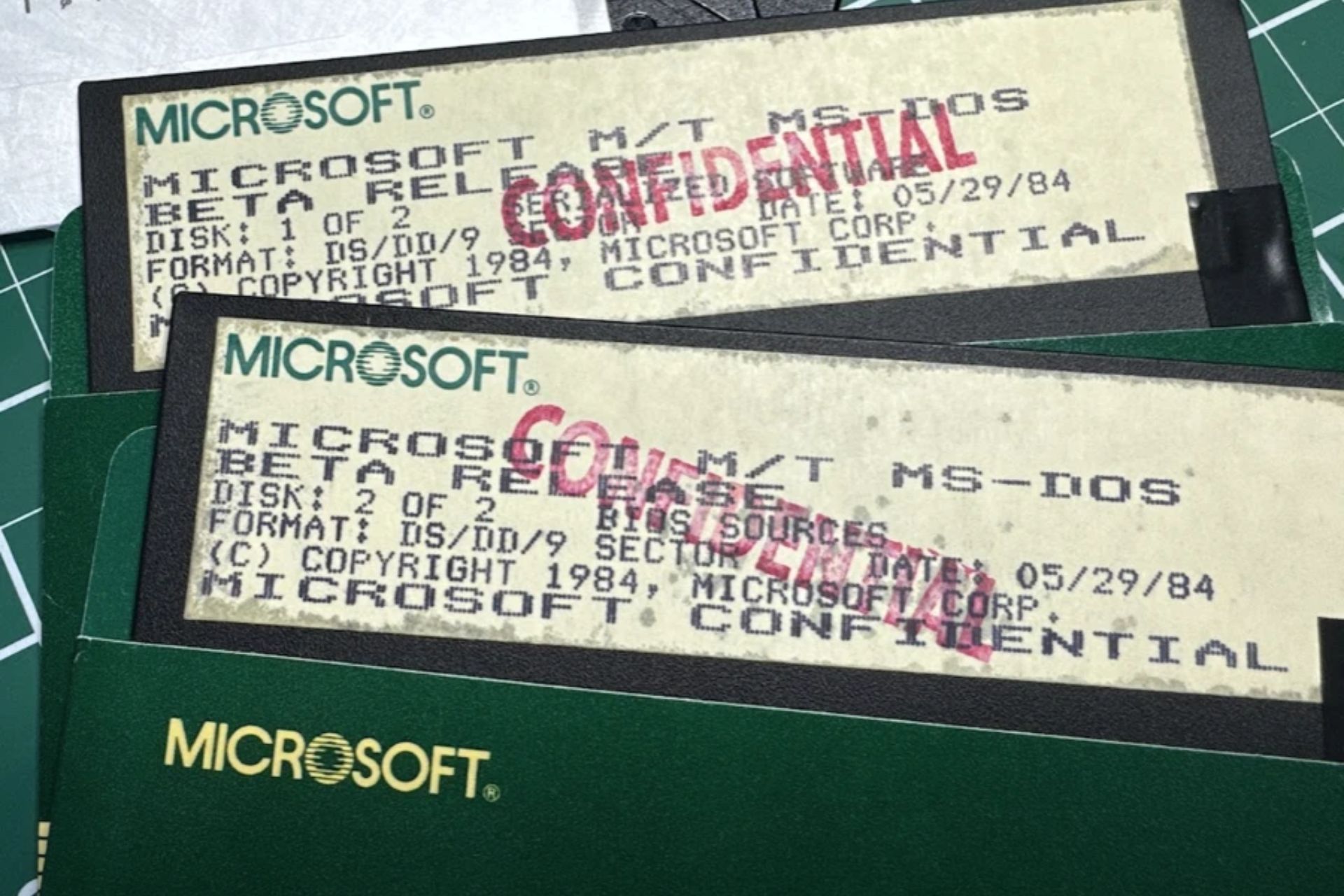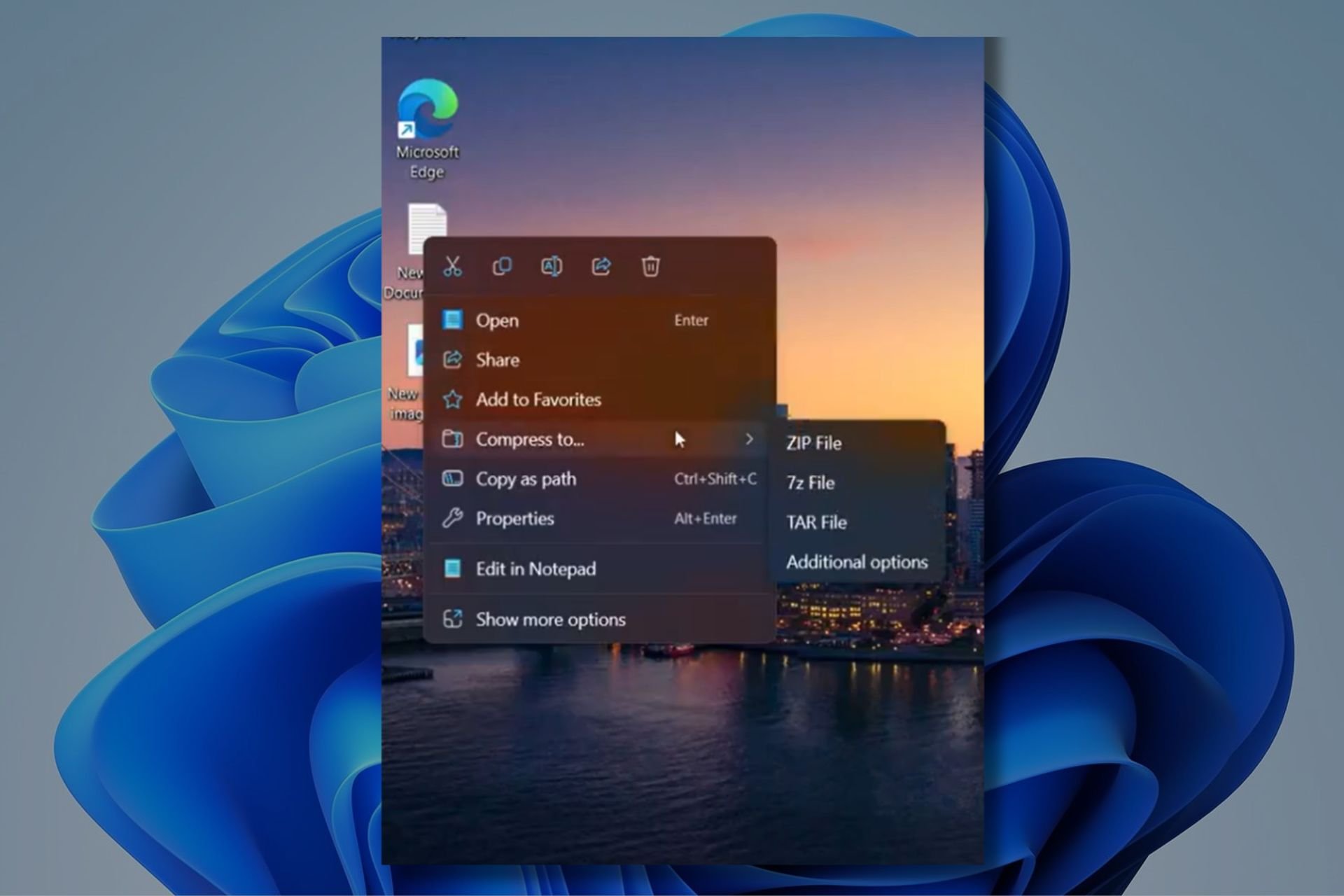Microsoft says it needs more data centers for AI development, but Dell disagrees
And Dell has the data to prove it.
3 min. read
Published on
Read our disclosure page to find out how can you help Windows Report sustain the editorial team Read more

On February 29, Dell held its quarterly conference call where it released information about its fourth-quarter results, and its COO, Jeff Clark, revealed that the company is also enjoying the benefits of AI adoption, as Dell saw an increased demand of almost 40% for its AI servers, compared to the previous quarter.
There was a huge demand for the H100, H800, H200, and MI300X, GPUs, which pleased manufacturers NVIDIA, and AMD, and Clark stated that while this demand continues to outpace GPU supply, and users are excited about AI, he also said that the future of AI is on-premises, as 83% of all data is currently stored this way.
We believe the long-term AI action is on-prem, where customers can keep their data and intellectual property safe and secure. AI will ultimately get deployed next to where the data is created, driven by latency.
Jeff Clark, Dell
Clark’s opinion is the opposite of Microsoft’s actions. Microsoft, arguably one of the biggest players in the AI industry at the moment, has been actively investing in, developing, and releasing AI-related technology, and is planning to integrate its future Windows versions with AI.
The company has also been investing in multiple data centers that can support AI development, as well as AI data storage, across the world, the latest of these investments being done in countries all over Europe: from Spain to France, Germany, Italy, Greece, and many others.
Even more, Microsoft has taken a pledge to make these data centers environment-friendly, with many of them being able to function in a carbon-negative, water-positive, and zero-waste situation.
These data centers will be the ones that will support the local AI infrastructure, and Microsoft will use them to update these countries’ systems with AI technologies. But they will also support AI-based cloud technologies, and they will effectively be able to become storage units for AI data.
But if the general shift is directed towards on-premises AI, as Dell argues (and it has the data to prove it), then why isn’t Microsoft seeing it? It could be very well that the Redmond-based tech giant might be trying to become the trendsetter here: as in, if the company builds more data centers specifically for AI development, then the industry will follow, and this would become the norm.
The AI journey is only at the beginning, as Clark said in the Dell conference call, so it’s too early to call the shots on the topic of AI on-cloud vs. AI on-premises.
However, given the excitement for a local AI, from companies (Nvidia Chat with RTX, for example), to developers (Windows AI Studio), and even regular users (the excitement for Windows Copilot being a local AI), it seems that AI on-premises will indeed be the future of AI.
So, Microsoft should act accordingly.








